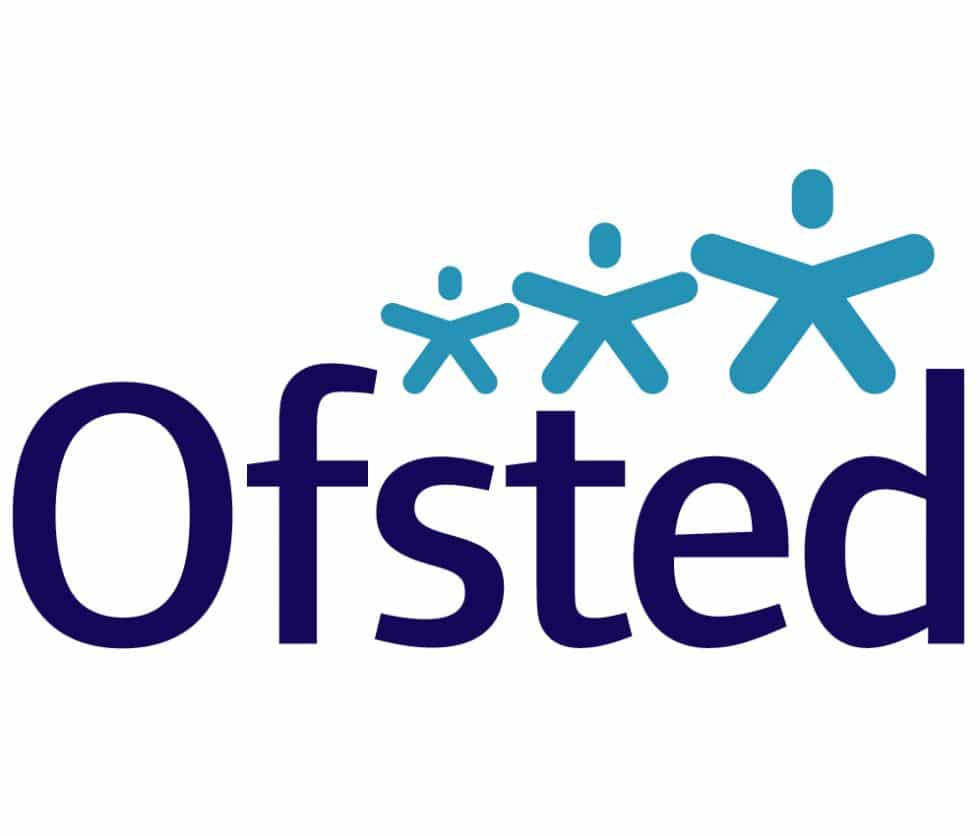
Talking Early Years: In conversation with Sarah Ronan
Can the new Early Education and Care Coalition Influence the next Government? Sarah Ronan, Director of the recently formed Early Education and Care Coalition (EECC) joined me to…
November 8th 2024
When the Labour Party won the election Bridget Phillipson MP the Secretary of State for Education told us that:
Early years is about more than just childcare – it’s about giving every child the best start in life. It sits right at the centre of my vision for education. We’ll deliver a sea change in our early years system, and that work begins now.
Did she mean Early Years in schools only? Because that’s what it feels like after last week’s budget. The Chancellor’s recent Budget announcement has left many of us reeling! The combined impact of increasing national insurance on employers and pay increases is huge, and we’re baffled as to how this will drive the growth necessary to sustain the government’s ambitious childcare expansion plan.
Whilst every business expects to pay tax (and indeed should), a recent YouGov poll has shown that many people think that Britain’s economic situation will worsen over the next 12 months in the wake of Rachel Reeves’s first budget. Will that be the case for the 28,000 nurseries?
For the Early Years sector, there are two major reasons:
Parents
They will care if they end up with higher fees as nursery owners try and meet the increase tax costs by raising fees. Nurseries may also stop all capital spend on new buildings aggravating the “childcare deserts” issues.
Staff
There may be freeze on staff pay, not filling staff vacancies and reduce staff benefits. I can envisage people increasing ratios, using more unqualified staff and apprentices to meet the staff-to-child ratio costs.
Children
They may be in settings with fewer qualified staff and high child-to-staff ratios, which affects quality. This impact is even greater for children from disadvantaged communities, who face the added challenge of underfunded or unavailable services in their local areas. This was highlighted in the recent Nesta report which examined the stark disparities in the availability of high-quality childcare across more disadvantage areas.
The childcare sector is a part of the nation’s central infrastructure. Without it, many people cannot work including the 74% of women with children under the age of five. If settings close, then this is squeezed. The government needs people to work to earn money to spend and grow the economy because high tax limits spend and rarely leads to growth.
Social enterprises and small family firms will now carry the tax burden while the state continues to behave as it always has, financially bolstered by the taxpayer with no targets for productivity improvements. For example, state schools have been promised money to help pay for the NI increases, but the Early Years hasn’t. This is not fair especially as 80% of pre-school childcare in England is still primarily delivered by the private sector.
There is a risk that the sector will refuse to provide more funded places for children, which will have a negative impact on children from more disadvantaged backgrounds.
I am not sure how this has happened. I cannot imagine a government that wants to be fair to working people intended to throw this curve ball. So we need them to listen now and find a way to provide relief for nurseries grappling with increased National Insurance costs, which now jeopardise the sustainability and quality of many childcare services.
To keep high-quality childcare accessible for families across the UK, we now need policies that help providers manage these rising and unexpected costs without compromising on care and the essential community services which we deliver.
Our Minister for Early Education, Stephen Morgan MP in conversation with the Early Education and Childcare Coalition said that:
The Tories broke our early education system, so Labour will fix it. Great to speak with the Early Education and Childcare Coalition about the importance of the early years workforce and our plans to deliver better childcare and early education for the best start to every life.

Can the new Early Education and Care Coalition Influence the next Government? Sarah Ronan, Director of the recently formed Early Education and Care Coalition (EECC) joined me to…

Ofsted has just published Report 2… …part of our series of subject-based curriculum research reviews. Do you remember the first one Best Start? This second…

Let’s really make change the only option: Become part of the ECEC movement Sarah Ronan is the director of the Early Education and Childcare Coalition (EECC) – an organisation…